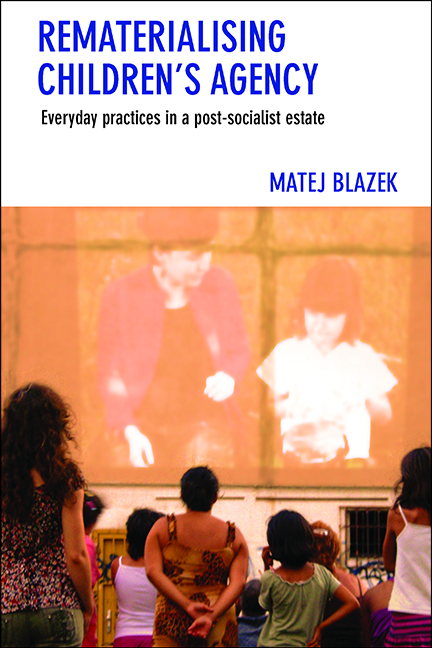four - Thinking the field
Published online by Cambridge University Press: 01 September 2022
Summary
I will explore the politics of producing theory that is … interstitial with empirical research and social location; of scholarship that self-reflexively interpolates the theories and practices of everyday historical subjects – including, but not restricted to scholars; and of work that reworks marginality by decomposing the major. (Katz, 1996, p.487)
In the first place, a theory is always local, related to a limited domain, though it can be applied in another domain that is more or less distant … Praxis is a network of relays from one theoretical point to another, and theory relays one praxis to another. (Deleuze, 2004, p.206)
As Chapter Three did not provide a systematic methodological framework but rather explored reflectively the sphere of fieldwork practices, so this chapter does not present a systematic theoretical framework that would comprehensively underpin the research. Rather, it discusses a way of engagement with theory that has an ambition to unfold from the practical experiences of the fieldwork as well as to respond to its rationales, understanding theory as a ‘relay’ of praxis rather than its foundation.
In the spirit of the overall research ambitions, to remain open to the field and to engage with extensive variety and multiplicity in the children’s lives, the theoretical foundations of the research therefore built upon encounters with the fieldwork rather than a particular theoretical model which pre-existed the research experience. My research is not a-theoretical – there has been a consistent effort to elucidate intellectually the significant moments of children’s lives and how I experienced them. However, rather than ‘imposing’ the theory on the fieldwork dynamics or situating the findings within major conceptual frameworks, the research ‘draws’ (Reinharz, 1992, p.72) on a range of theoretical sources and explores them dialogically without any single theoretical framework being a priori a dominant one.
This approach echoes Katz’s (1996) strategy of ‘minor theory’. Minor theory is constituted at local sites and through local knowledges and contexts, related to and negotiated through each other, rather than derived out of any specific ‘constant serving as a standard measure’ (Deleuze and Guattari, 2004, p.116). The notion of minor does not refer to numbers; instead, it emphasises creative departures from models, ‘a process … that would lead into unknown paths if [we] opted to follow it through’ (Deleuze, 1995, p.173).
- Type
- Chapter
- Information
- Rematerialising Children's AgencyEveryday Practices in a Post-Socialist Estate, pp. 55 - 64Publisher: Bristol University PressPrint publication year: 2015



